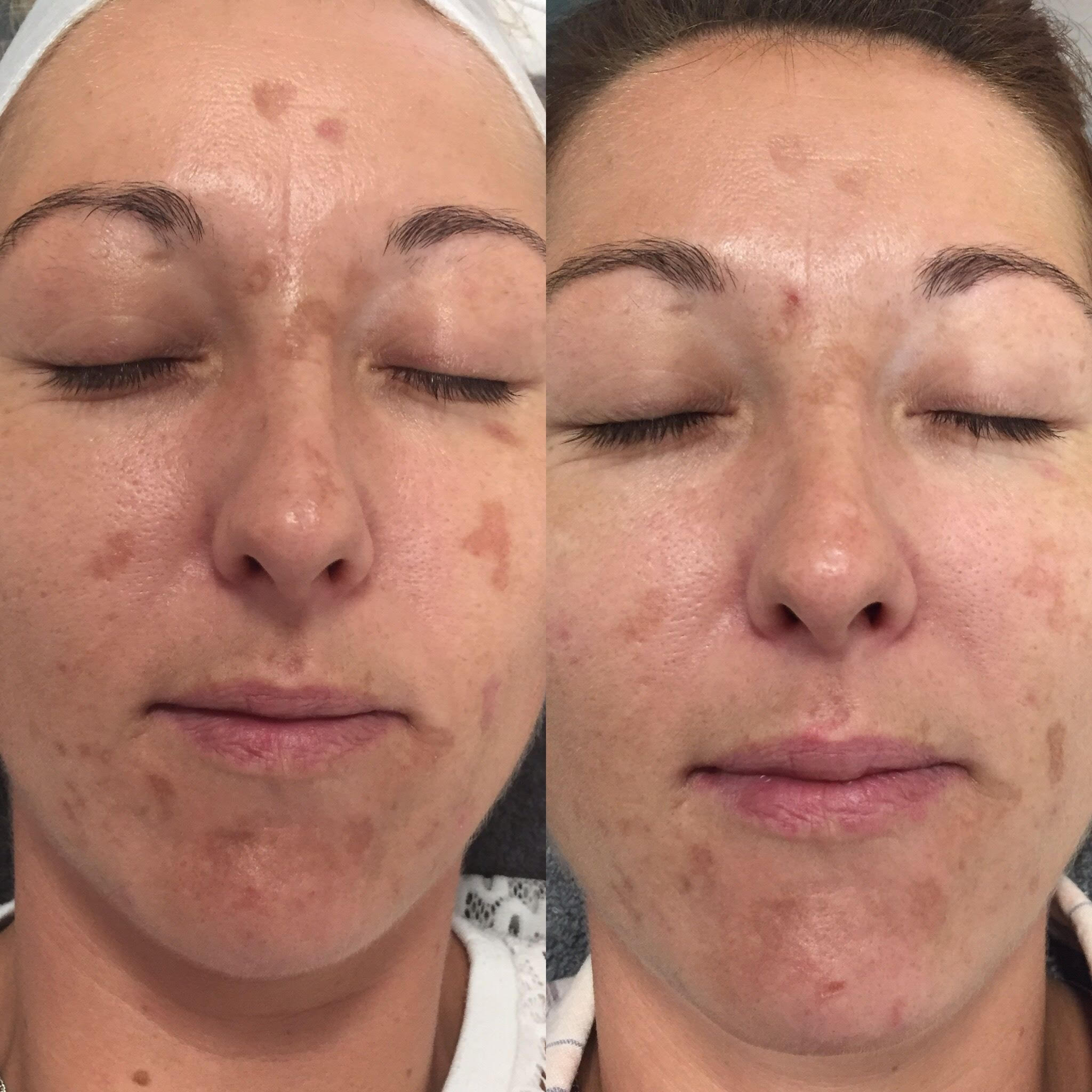Erase Dark Spots for Good: Expert Tips for Hyperpigmentation Removal
Image Source: Google
Dealing with hyperpigmentation can be frustrating and challenging. Dark spots, also known as hyperpigmentation, can be caused by various factors such as sun exposure, hormonal changes, acne scars, and skin injuries. However, there are ways to effectively lighten and remove these dark spots for good. In this article, we will share expert tips and strategies to help you achieve brighter and more even-toned skin.
Understanding Hyperpigmentation
What is Hyperpigmentation?
- Hyperpigmentation is a common skin condition characterized by the darkening of certain areas of the skin.
- It is caused by the overproduction of melanin, the pigment that gives skin its color.
- There are different types of hyperpigmentation, including sunspots, melasma, and post-inflammatory hyperpigmentation.
Causes of Hyperpigmentation
- Sun exposure: UV rays can trigger the production of melanin, leading to the formation of dark spots.
- Hormonal changes: Pregnancy, menopause, and hormonal medications can contribute to the development of hyperpigmentation.
- Acne scars: Inflammatory acne lesions can leave behind dark marks on the skin.
- Skin injuries: Cuts, burns, or other trauma to the skin can result in hyperpigmentation.
Tips for Hyperpigmentation Removal
1. Use Sunscreen Daily
- Sun protection is crucial in preventing further darkening of the skin and allowing existing dark spots to fade.
- Choose a broad-spectrum sunscreen with an SPF of 30 or higher and reapply every two hours when outdoors.
2. Incorporate Brightening Ingredients
- Look for skincare products with ingredients like vitamin C, niacinamide, kojic acid, and alpha arbutin, known for their skin brightening properties.
- These ingredients can help inhibit melanin production and lighten hyperpigmentation over time.
3. Consider Chemical Peels
- Chemical peels containing AHAs (alpha hydroxy acids) or BHAs (beta hydroxy acids) can help exfoliate the skin and fade dark spots.
- Consult a dermatologist or skincare professional for personalized recommendations and treatments.
4. Try Laser Therapy
- Laser treatments such as IPL (intense pulsed light) or fractional lasers can target and break down excess melanin in the skin.
- Multiple sessions may be needed for optimal results, so discuss a treatment plan with a qualified provider.
Home Remedies for Hyperpigmentation
1. Lemon Juice
- Lemon juice contains citric acid, which has skin-lightening properties.
- Apply fresh lemon juice to dark spots using a cotton ball and leave on for 10-15 minutes before rinsing off.
2. Aloe Vera Gel
- Aloe vera has soothing and healing properties that can help fade dark spots and promote overall skin health.
- Apply a thin layer of aloe vera gel to the affected areas and leave on overnight.
3. Turmeric Mask
- Turmeric is a natural ingredient known for its anti-inflammatory and brightening effects on the skin.
- Mix turmeric powder with honey or yogurt to create a paste, apply to dark spots, and rinse off after 15-20 minutes.
Professional Treatments for Hyperpigmentation
1. Microdermabrasion
- Microdermabrasion is a non-invasive treatment that exfoliates the skin to improve texture and fade dark spots.
- It can be performed by a skincare professional and may require multiple sessions for optimal results.
2. Chemical Peels
- Chemical peels using stronger acids like glycolic or lactic acid can penetrate deeper layers of the skin to target hyperpigmentation.
- Professional chemical peels are more potent than at-home products and should be done under the supervision of a trained professional.
3. Dermabrasion
- Dermabrasion is a more aggressive exfoliation technique that can help resurface the skin and diminish the appearance of dark spots.
- It is typically performed by a dermatologist or plastic surgeon and may require downtime for recovery.
By following these expert tips and treatments, you can effectively lighten and remove dark spots caused by hyperpigmentation. Remember to consult with a skincare professional or dermatologist to determine the best approach for your specific skin concerns and achieve a brighter, more even complexion.

